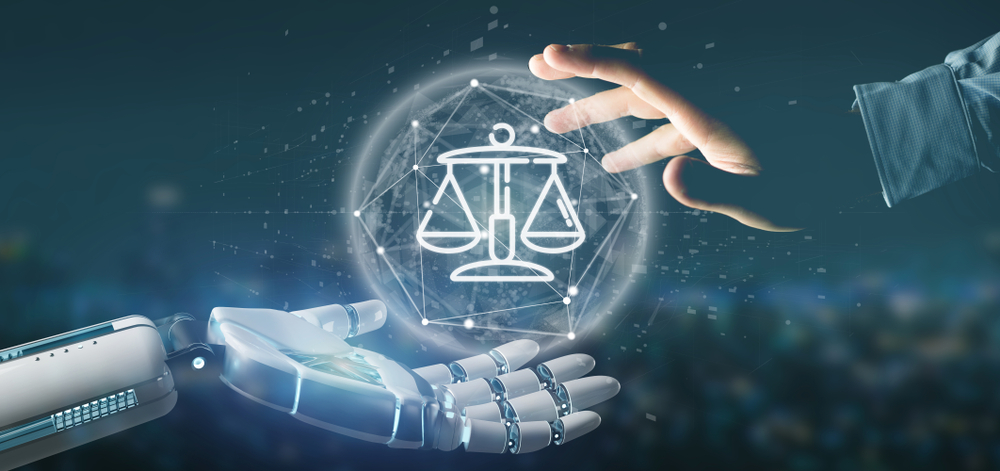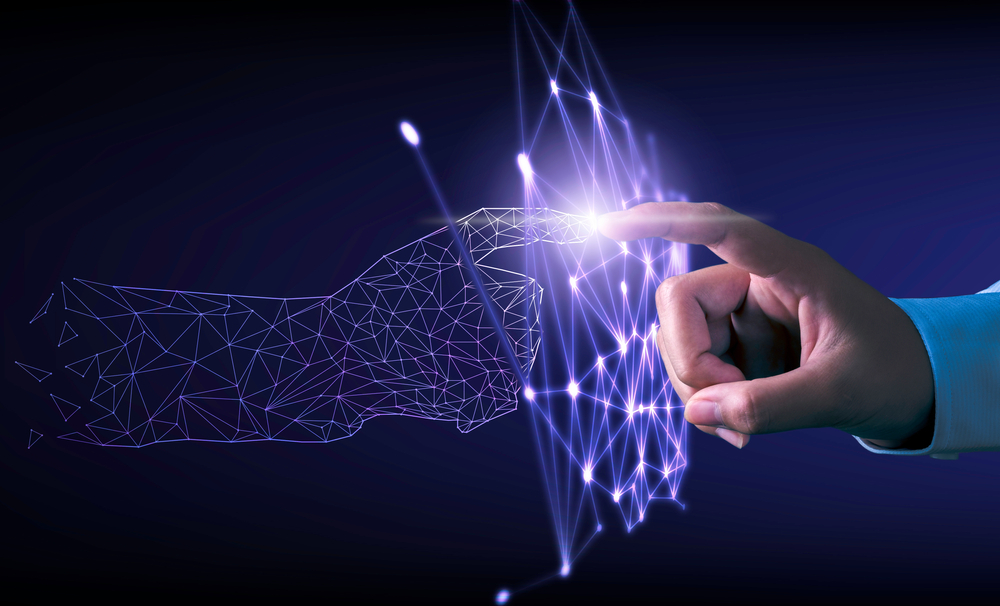
AI in Law & Compliance: The Robot Lawyer Will See You Now
Justice Meets the Algorithm
Imagine walking into a courtroom where the judge is an AI, your lawyer is a chatbot, and legal arguments are sorted through machine learning algorithms. Sounds like an episode of Black Mirror, right? Well, we’re not quite there yet, but AI is already shaking up the legal and compliance world.
From scanning mountains of legal documents in seconds to predicting case outcomes and ensuring businesses stay compliant with ever-changing regulations, AI is becoming the silent legal assistant no one saw coming. But is AI here to help lawyers, or replace them? Let’s dive into how artificial intelligence is transforming the legal and compliance industries, complete with real-world cases, challenges, and just a hint of courtroom drama.
AI in Law: The Smartest Paralegal in the Room
-
AI-Powered Legal Research: From Hours to Seconds
Case Study: ROSS Intelligence – The AI Lawyer That Read 10,000 Cases in a Blink
Legal research is like looking for a needle in a haystack — except the haystack is millions of documents long. AI-driven legal research platforms like ROSS Intelligence use natural language processing (NLP) to help lawyers find relevant case law in seconds instead of days.
ROSS, built on IBM’s Watson, could read millions of legal texts, extract key insights, and even predict which cases were most relevant.
Success: Lawyers using AI for research reported up to 40% time savings on case preparation.
Challenge: In 2020, ROSS shut down after facing a lawsuit from traditional legal research giant Westlaw. Turns out, the legal industry isn’t always a fan of disruption.
-
AI-Powered Contract Review: No More Fine-Print Nightmares
Case Study: JPMorgan’s COIN – AI That Reads Contracts Faster Than a Lawyer
Contracts are full of jargon, loopholes, and enough fine print to make your head spin. Reviewing them manually is tedious, error-prone, and, let’s be honest, nobody’s idea of fun.
Enter COIN (Contract Intelligence) — JPMorgan’s AI that analyzes complex contracts in seconds. COIN can scan thousands of loan agreements and legal documents, flag inconsistencies, and suggest revisions faster than any human lawyer could.
Success: What used to take JPMorgan’s legal team 360,000 hours per year now takes AI a few seconds.
Challenge: AI can spot patterns and inconsistencies, but it still lacks human judgment for interpreting context and intent. (No AI can yet explain why your landlord thinks a “pet-friendly” clause only applies to goldfish.)
-
AI in Litigation: Predicting Case Outcomes
Case Study: Lex Machina – The AI That Knows If You’ll Win Your Lawsuit
If Vegas had an AI-powered betting system for lawsuits, it would be called Lex Machina. This tool analyzes past court decisions, judges' rulings, and legal strategies to predict how cases are likely to unfold.
Law firms use it to assess win probabilities, risks, and even the tendencies of specific judges — because yes, some judges really do hate long-winded arguments.
Success: AI-assisted litigation strategy helps law firms make data-driven decisions on whether to settle or proceed with a case.
Challenge: AI can’t factor in human unpredictability. A single emotional appeal in court can still turn the tide of a case.
AI in Compliance: The Ultimate Rule Keeper
-
Regulatory Compliance: Keeping Up with Laws Faster Than Any Human
Case Study: IBM Watson & Financial Compliance
Financial institutions live in constant fear of regulatory fines. Global banks like HSBC and Citibank use AI-driven compliance systems (like IBM Watson) to scan transactions, flag suspicious activity, and ensure adherence to anti-money laundering (AML) laws.
Success: AI reduces compliance risks, automates 90% of routine checks, and prevents costly legal fines.
Challenge: AI can’t keep up when laws change suddenly, which happens often in industries like finance and healthcare.
-
AI in Fraud Detection: Catching the Criminals Faster
Case Study: Mastercard’s AI for Fraud Detection
Financial fraud is a multi-billion-dollar problem, and AI is fighting back. Mastercard uses AI algorithms to detect suspicious transactions in real-time, preventing fraud before it happens.
Success: AI reduced fraudulent transactions by 50% while minimizing false positives (because no one likes getting their card blocked for buying coffee in a new city).
Challenge: AI sometimes overcorrects, leading to legitimate transactions being flagged — cue the frustration of travelers who just want to pay for their airport sandwich.
Challenges of AI in Law & Compliance
Even the smartest AI has some courtroom battles to fight:
- Bias in AI Decision-Making – AI learns from past legal cases, which means if past rulings were biased, AI may replicate that bias.
- Ethical Dilemmas – Should AI be allowed to make decisions on sentencing, parole, or legal judgments? The idea makes many uncomfortable.
- Data Privacy Risks – Legal AI tools process massive amounts of confidential client data, raising concerns about cybersecurity.
- Resistance from Lawyers – Many in the legal profession fear AI will take jobs, but realistically, AI is more of an assistant than a replacement.
Future Predictions: The Next Chapter of AI in Law & Compliance
AI Judges? – Some countries are already experimenting with AI-powered judges for small claims disputes. Imagine getting your traffic fine appealed by an algorithm.
AI That Reads Laws in Real-Time – AI may soon instantly update legal teams on new laws as they are passed, reducing compliance headaches.
AI-Powered Virtual Law Firms – The future could see AI-powered legal chatbots handling basic legal disputes and contract negotiations.
Human + AI Hybrid Law Firms – AI won’t replace lawyers, but the most successful law firms will be those that integrate AI to work faster, smarter, and more efficiently.
Final Verdict: Is AI the Future of Law?
AI may never replace the drama of a courtroom showdown or the persuasive skills of a top lawyer, but it is making the legal profession faster, smarter, and more efficient.
Will we one day have AI-powered judges and robo-lawyers fighting cases? Maybe. But for now, AI is best used as an assistant, not the final authority. After all, justice isn’t just about facts and data; its about human judgment, ethics, and the art of persuasion.
So, lawyers, don’t worry, AI might be smart, but it still can’t argue its way out of a parking ticket.
Would you trust an AI lawyer with your case? Let’s discuss!








